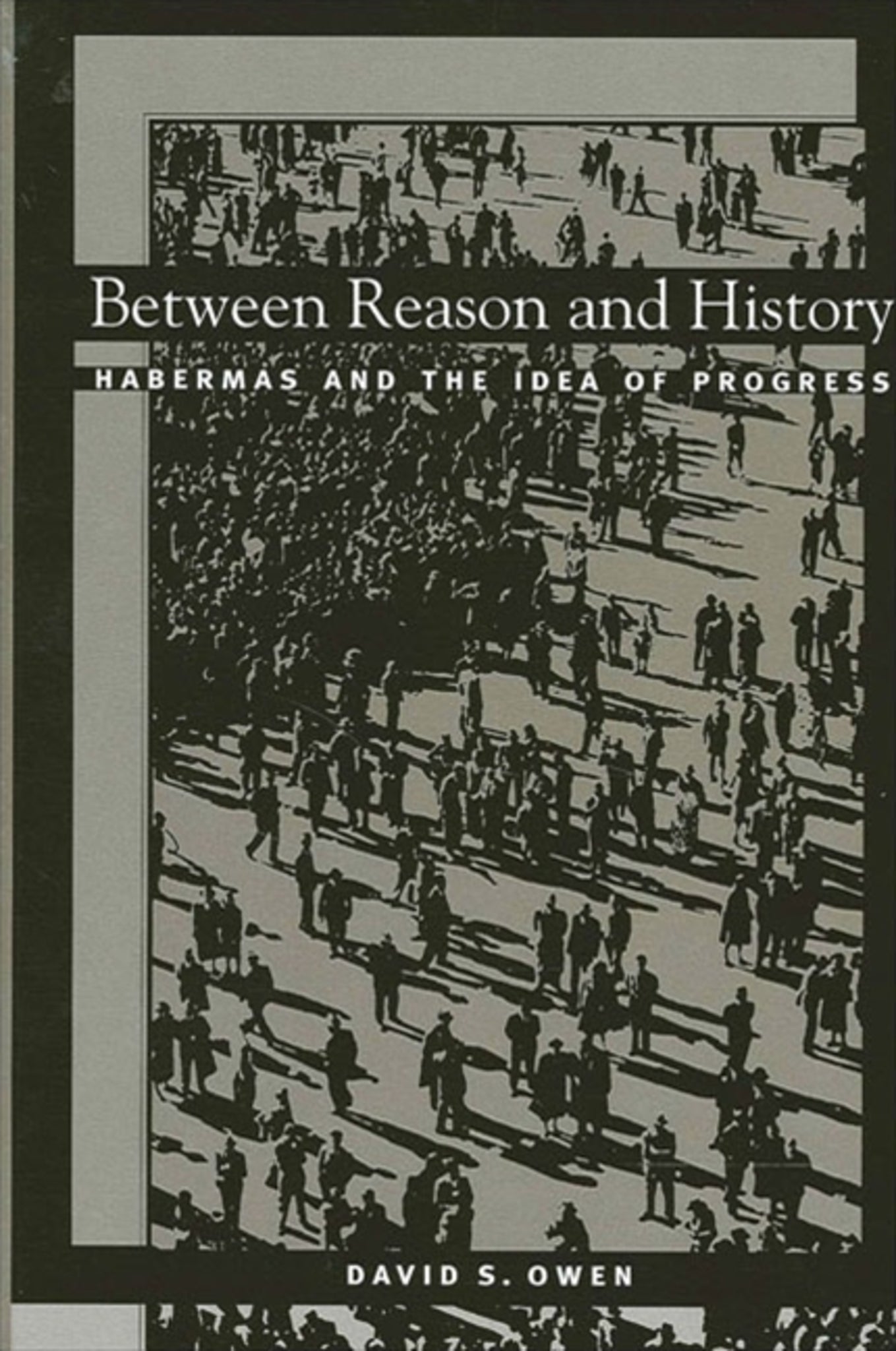We're sorry. An error has occurred
Please cancel or retry.
Between Reason and History

Some error occured while loading the Quick View. Please close the Quick View and try reloading the page.
Couldn't load pickup availability
- Format:
-
17 July 2002

The first book-length treatment in English of Habermas's theory of social evolution and progress.
Between Reason and History examines the role of the idea of progress both in Jurgen Habermas's critical social theory and in critical social theory in general. The reception to Habermas's magnum opus, The Theory of Communicative Action, has tended to downplay the theory of social evolution it contains, but there are no in-depth examinations of this aspect of Habermas's critical theory. This book fills this gap by providing a comprehensive and detailed examination of Habermas's theory of social evolution, its significance within the wider scope of his critical social theory, and the importance of a theoretical understanding of history for any adequate critical social theory.


"The first full-length study in English of this important aspect of Habermas's thought, this is a clearly written, very well researched, and cogently argued book." — Thomas McCarthy, author of The Critical Theory of Jurgen Habermas
"This book is a real gem. Among scholarly works on Habermas, it is rare to find a book that so deftly combines scholarship, analytic precision and clarity, and highly readable prose. It is the only book devoted to treating in critical detail what is arguably the most important feature of Habermas's theory of social evolution." — David Ingram, author of Habermas and the Dialectic of Reason
"It is an area of Habermasian studies that scholars have all too often neglected for the last twenty years. But the author not only deals very well with the material, but also reveals why this area is central to Habermas's critical project." — James C. Swindal, author of Reflection Revisited: Jurgen Habermas's Discursive Theory of Truth
Acknowledgments
Abbreviations
Introduction
1. The Idea of Progress and Critical Social Theory
Critical Social Theory
Critical Hermeneutics
Summary
2. Habermas's Conception of Critical Social Theory
Formal Pragmatics
Communicative Action
Sociocultural Lifeworld
Communicative Rationality
The Developmental Theory of Social Evolution
Habermas's Reconstruction of Historical Materialism
Overview of the Mature Theory
The Theory of Modernity
Summary
3. The Development Theory of Social Evolution
General Considerations
Conceptual and Theoretical Distinctions
Epistemological Assumptions
Principal Elements
The Dimenions of Development
Rationalization
The Dynamic between Interaction and Labor
Development Logic and Empirical Mechanisms
Social Evolution as a Learning Process
4. The Idea of a Development Logic of History
The Concept of Developmental Logic
The Psychological-Theoretic Conception
Formal Properties
The Social-Theoretic Conception
The Developmental Logic Thesis
The Homological Arguments
The Formal-Pragmatic Argument
Further Questions
5. Progress and Social Evolution
Habermas's Conception of Progress
The Dialectic of Progress
A Differentiated Conception of Progress
Summary and Conclusions
Notes
Bibliography
Index



